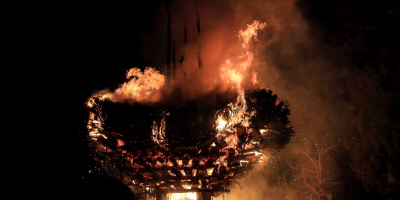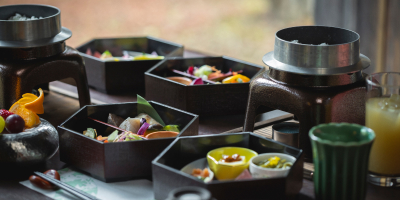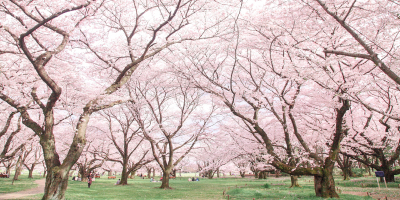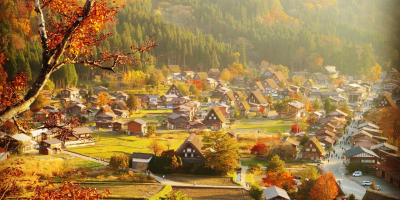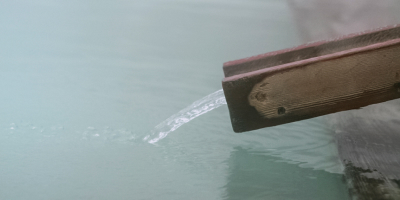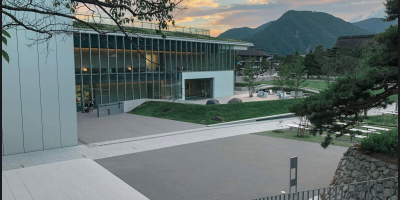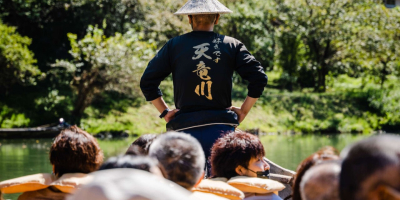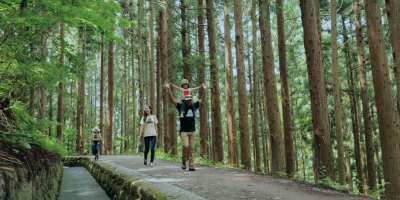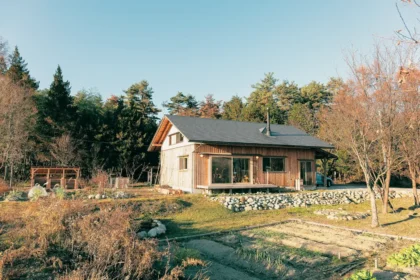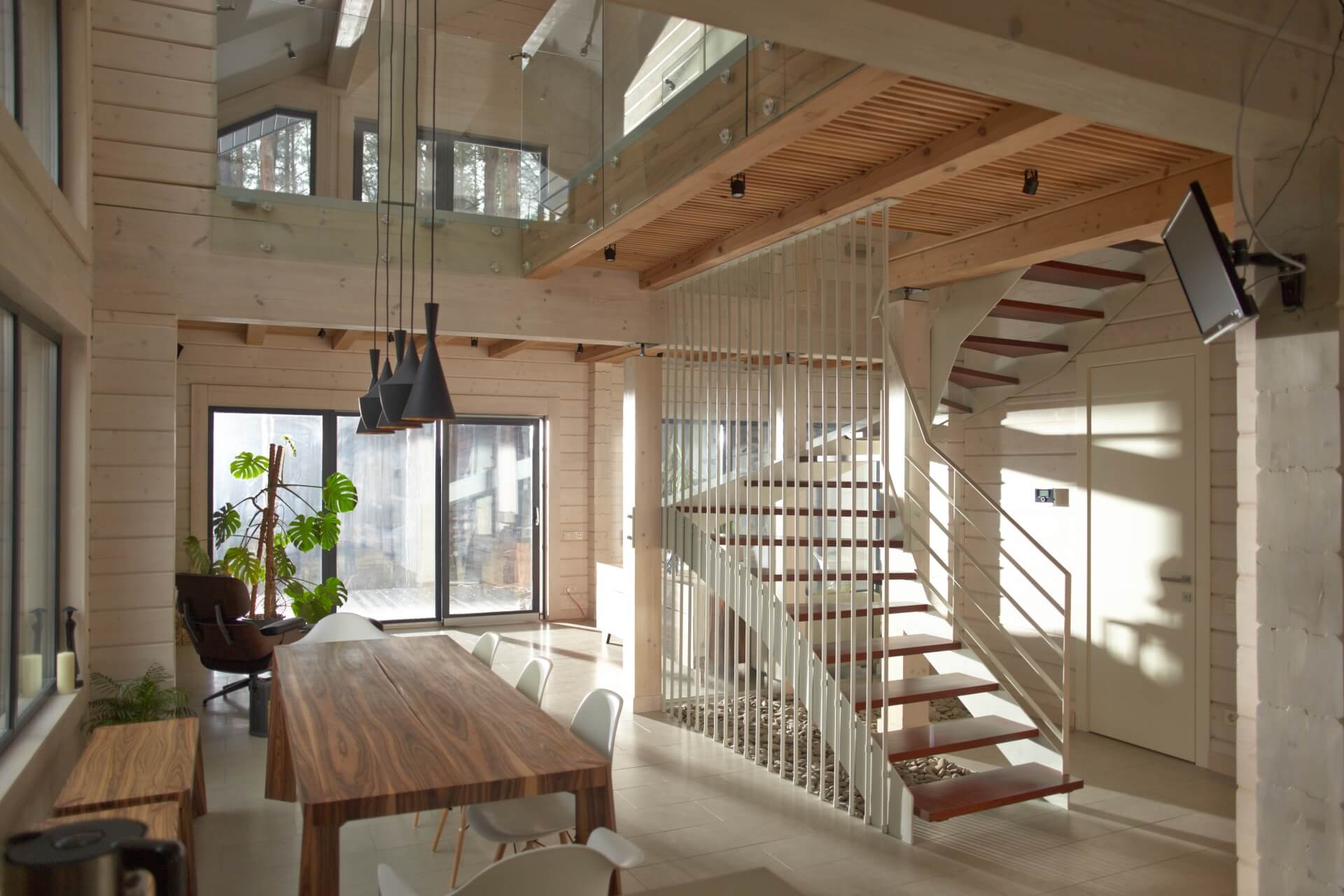
Japan's property market offers buyers plenty of choice when it comes to residential and holiday properties with a premium on those in and around the country's best ski resorts - and the first step of the process of finding that ideal property for you is understanding how the market works in Japan and what's required to complete a purchase. On this page you will find the following information:
-- Real Estate in Japan: An Introduction
-- 10 Steps to Purchasing Real Estate in Japan
-- Financing & Loans for Foreigners
-- Ski Properties in Japan: The Best Resorts to Buy In 2022
We hope that the following information is of assistance in understanding the process of buying real estate in Japan and ultimately, finding the property that you're after. Should you have any questions or need assistance in connecting with an agent / broker in Nagano and Central Japan, click on the INQUIRY BUTTON at the bottom of the page, send us your question or what you need, and we'll get back to you asap.
REAL ESTATE IN JAPAN: AN INTRODUCTION
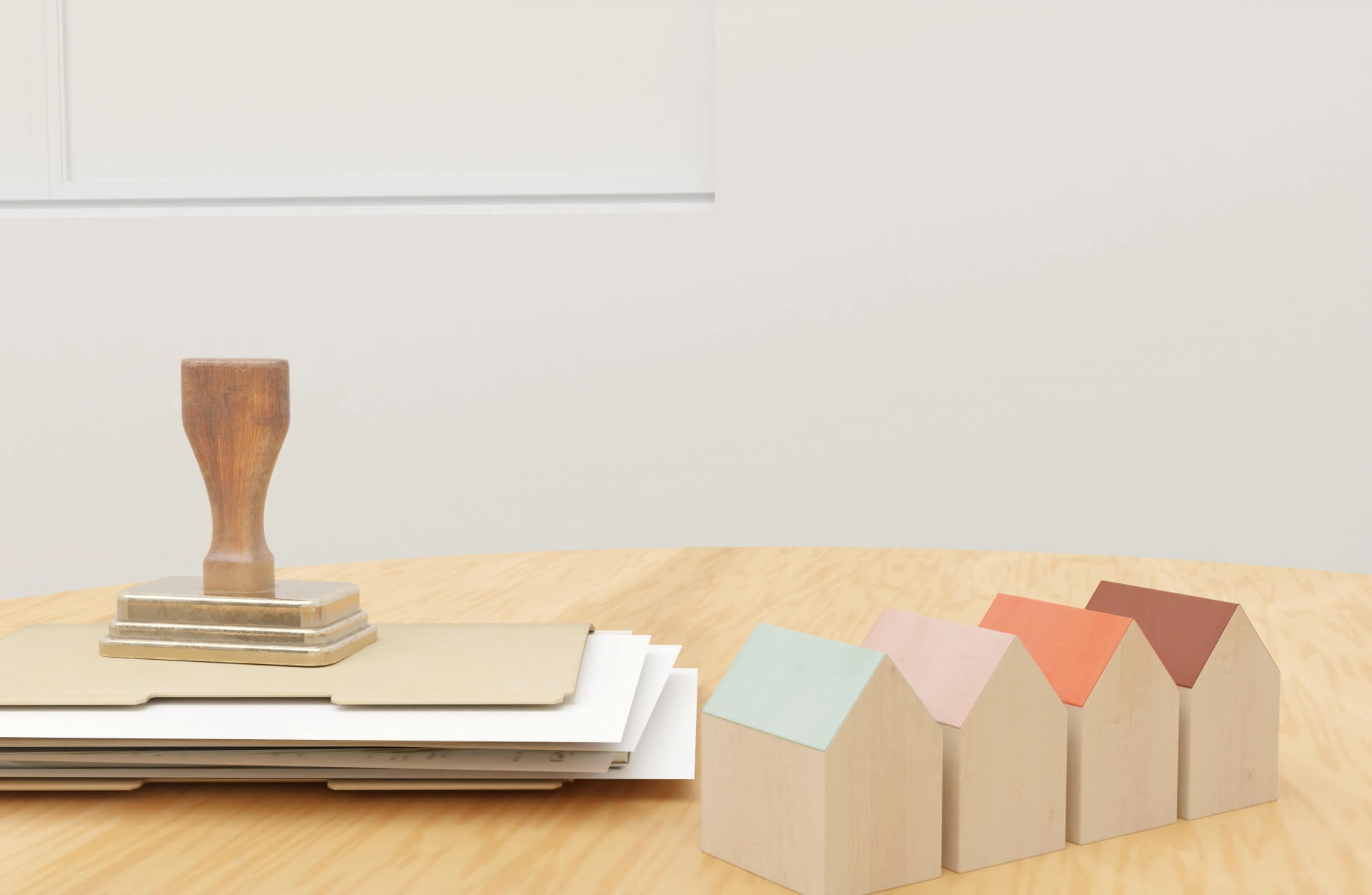
Against expectation, you might be surprised to learn that Japan is an easy country in which to buy and sell real estate. In many cases, prices are also notably lower than comparable markets in other developed economies. Whether you are searching for a home, holiday house or investment property in the form of a new build or existing property, the Japanese market offers plenty of opportunities to make an astute purchase right now.
The key to buying in Japan is understanding the market, the process of buying and selling, along with the costs involved. While most steps of buying and selling in Japan will be familiar to those from outside the country, understanding the exact process, taxes, costs, terminology and ultimately, the property under transaction is essential.
On this page you will find the information you need to begin the process of buying real estate in Japan including a step-by-step guide, tax and other costs you need to consider, eligibility for a loan and frequently asked questions of which the most common is:
Can foreigners buy real estate in Japan?
The answer is, yes. Anyone can purchase real estate in Japan. There is no citizenship or residency requirement, meaning that whether you live here, have residence or only visit from time-to-time, you can purchase real estate in Japan. The same regulations and requirements apply to Japanese and non-Japanese buyers.
One notable difference is the ease with which Japanese and non-Japanese can access financing in Japan. Should you wish to finance your purchase through a Japanese bank by taking-out a mortgage, it will be difficult to acquire approval unless you hold Japanese citizenship or permanent residency. In that regard, for many people purchasing real estate in Japan, it will be easier to organise finance through a lender in your own country. For more information about that, see ‘Financing & Loans for Foreigners’ below.
Entering the Japanese markets is a great option for many foreigners but in order to ensure you make the right decisions along the way, engaging the services of trusted local agent / broker can be essential.
PROPERTY LISTINGS

For a complete listing of our properties currently on the market, see our 'Real Estate Japan' main page.
10 STEPS TO PURCHASING REAL ESTATE IN JAPAN
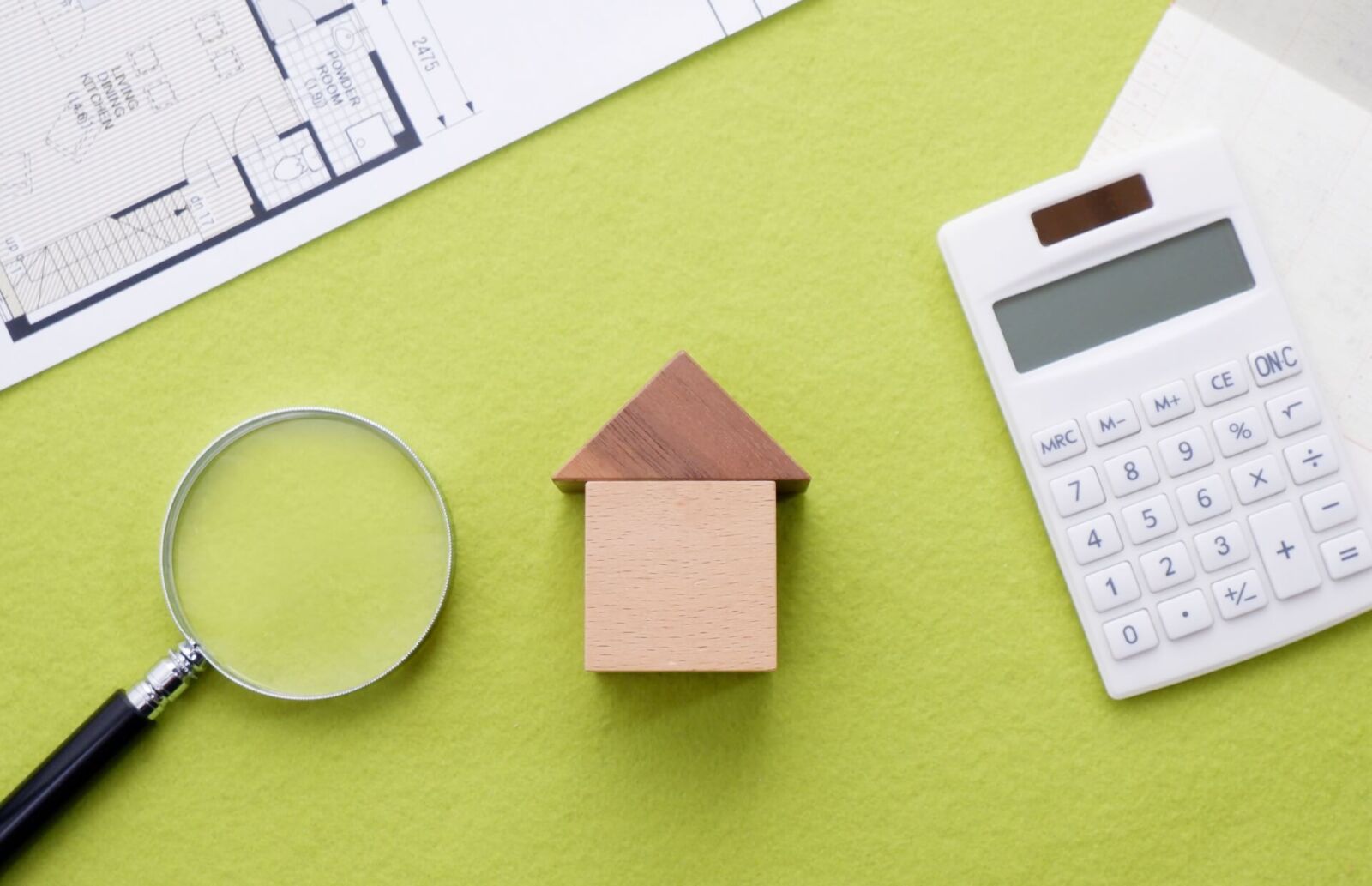
The steps to buying a real estate in Japan will be generally familiar to most people yet it’s worth considering each one in turn, and in doing so identify what needs to be done and what costs can be expected at each stage of the process. The first step of the process is of course identifying the type of property you wish to purchase:
1 / IDENTIFY YOUR BUYING CRITERIA
It might seem an obvious point however we’d recommend doing a good amount of research early-on to help narrow down the locations you are interested in, the type of property and features that you are after, determine your budget and in turn ensure that your expectations are accurate in terms of financing and the overall process of buying a property in Japan. Property markets function differently all over the world, therefore the more time you spend familiarizing yourself with the Japanese market, the more you can expect that the process will be smooth and ultimately successful.
2 / IDENTIFY POTENTIAL PROPERTIES
As you research the market, you’ll find your way onto real estate websites and begin to identify potential properties of interest. Once you have identified properties of interest, you might want to consider engaging a broker/buyer’s agent to act on your behalf in Japan. While the process of purchasing a property is quite straightforward, all documentation will be in Japanese and most sellers (and agents for that matter) will only speak Japanese. Engaging the services of an English-speaking (or other foreign language-speaking) agent will make the process far easier and ultimately might be required in order to complete the purchase.
3 / ARRANGE YOUR FINANCES
Early on the process, and ideally before you begin inspecting properties, it’s important to ensure you have an accurate idea of your finances and what you can afford. This is especially important for buyers considering applying to a Japanese bank for a loan. To be considered for a loan from a Japanese bank, in most cases the applicant will need to be a citizen or permanent resident of Japan. If you do not hold that status, you are likely to have trouble securing a loan – although it is not impossible with some banks more accustomed to loaning to foreigners than others. No matter your situation, it’s vital to know your finances in relation to the standard costs of purchasing a property at the beginning of the process and ideally, before you inspect any. Should you plan to apply for a loan in Japan, then this step is essential and you should contact banks to confirm whether they will lend to you – ideally, in the form of a pre-approval. For more information about taxes and miscellaneous costs, see ‘TIMELINE OF PAYMENTS’ and ‘TAXES & OTHER COSTS’ below.
4 / VIEW PROPERTIES OF INTEREST
Having taken these early steps, it’s time to inspect your properties of interest either in-person or engage your broker / buyer’s agent to do so on your behalf. Whether you live in Japan or are based overseas, engaging a broker to attend viewings with you or on your behalf helps to ensure you receive reliable advice at one of the most important steps of the process.
5 / SUBMIT A WRITTEN OFFER & SIGN AN AGENT’S CONTRACT
At the point you’ve identified a property you wish to purchase, it’s time to make the first substantive step to doing so. You must submit a formal offer to buy the property – a ‘Letter of Intent’ in the case of pre-owned properties and an ‘Application to Purchase’ in the case of newly built properties. If the seller accepts this document from you, they will engage with you as a serious buyer and while there is no obligation to do so, most sellers will not enter into negotiation with other potential buyers until they have finalised their negotiation with you. It’s a big reason to know your finances early, so that you can move quickly once you’ve identified your preferred property and can submit a written offer with your offer of a purchase price. At this stage, the broker / agent will also have you sign an agent’s contract authorising them to act on your behalf and stipulating their fees and when payment is due.
6 / BUYER QUALIFICATION REVIEW
Once a written offer has been submitted, your immigration status and financial capacity to complete the transaction will be reviewed by agent / broker. This is done so that they can advise the seller that you are a viable buyer and that the negotiation process can go ahead. If you are financing the purchase through a bank or other financial institution, the agent will confirm that you have the funds to complete the purchase.
7 / NEGOTIATION WITH THE SELLER & PREPARING FINANCES
At this point, negotiation with the seller begins in earnest as you determine the agreed price, payment methods and timing of payments. If you are financing the purchase through a bank or other institution, this is the time to lodge your loan application. Negotiation continues until the buyer and seller agree on a price or fail to do so, and the process ends.
8 / DISCLOSURE STATEMENT & SIGNING A SALES CONTRACT
Once a sale price is agreed by the buyer and seller, a full disclosure statement titled ‘Explanation of Important Matters Regarding the Property & Transaction’ - 重要事項説明書 / ‘jyuuyou jikou setsumeisho’- is provided to the buyer. This is a set of documents that includes the owner title registration, ownership type, a legal description of the property, pertinent matters relating to the property and its sale, and provisions in the case of cancellation. Once the buyer has reviewed this document, if they are happy to proceed with the purchase they will sign a sales contract. At this stage, a cash deposit – usually around 10% but can be up to 20% - is paid by the buyer. This is a standard process in Japan meaning that the buyer must have that money on hand to transfer at this time. Should the buyer or seller not then complete the sale, they will be subject to the terms of cancellation as outlined in these documents.
9 / SIGN & FINALISE THE SALES CONTRACT
The property sale is closed with signing of the contract. At this time the remaining balance and payments including stamp duty and agents fees are due. Most sellers look to complete the sale within one to three months.
10 / BUYER TAKES POSSESSION
With the sale now complete, the buyer takes possession of property. Ownership has legally been transferred and the buyer is provided with the keys.
TIMELINE OF PAYMENTS
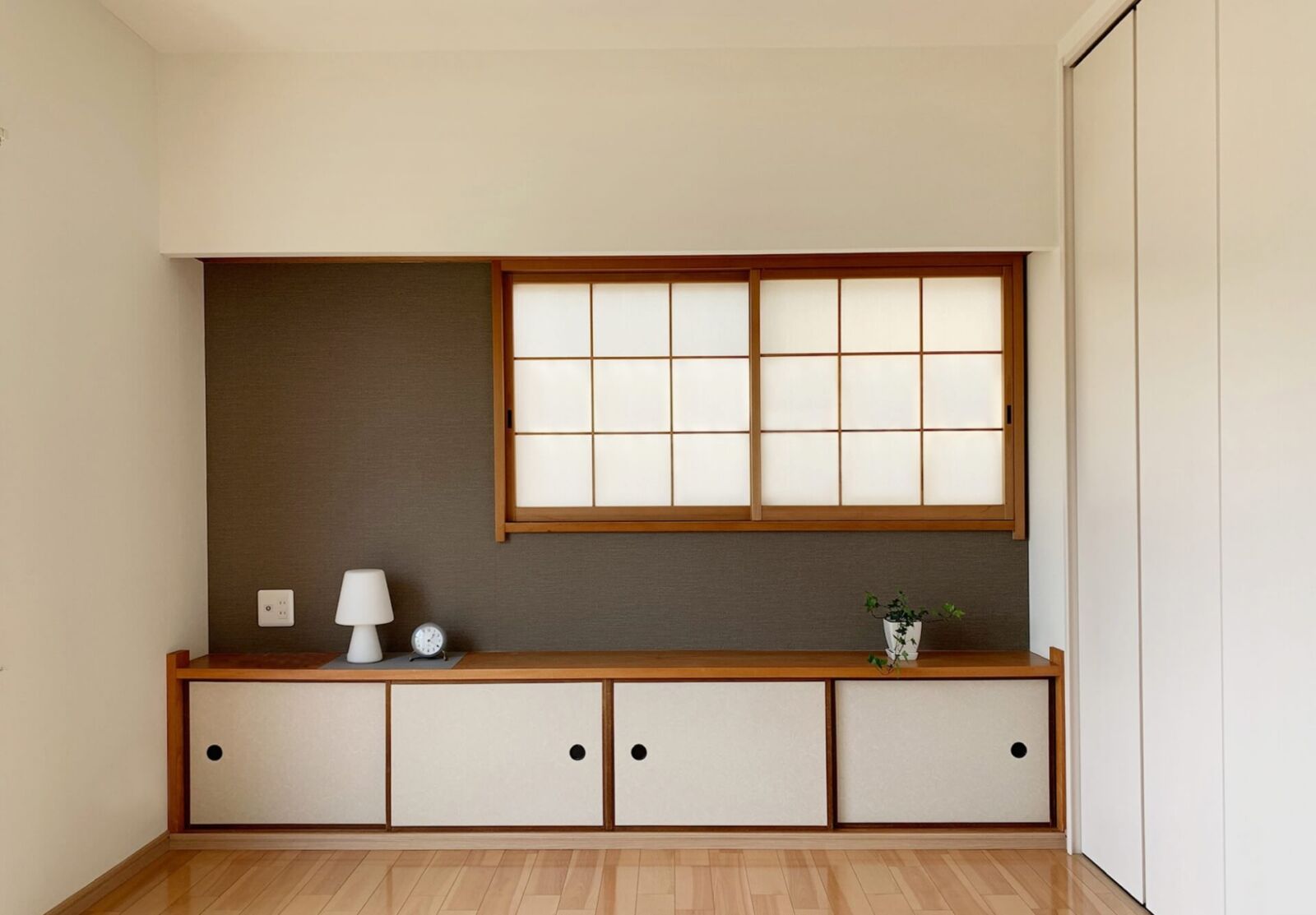
When purchasing a pre-owned property in Japan, most owners will expect to complete the full transaction within three months. This makes it imperative to have an accurate understanding of the fees, taxes and other miscellaneous expenses that apply to property purchases in Japan, and have adequate funds to cover them. Of course, there will be some variation depending on the agreement you are signing with the seller but as a guide, the following will apply:
1 / At the time of signing a purchase and sale agreement:
-- a down payment will be required to secure the property. Typically this is 10% but can be as high as 20% of the purchase - it depends on the agreement between the buyer and seller.
-- miscellaneous expenses of around 1.7% of the total purchase price are also likely to apply at this time.
2 / At / by the time of closure:
-- in order to get your hands on the keys, you will need to pay the remainder of the purchase price.
-- miscellaneous expenses likely to add between 6 to 10% on top at this time.
3 / Within the next 24 months:
-- you will be required to make payment of Japan’s ‘Real Estate Acquisition Tax’. The rate can vary by prefecture (region) however is typically 1.4%. When this tax is due depends on the prefecture in which the property is situated and local laws, however most prefectures issue notice for payment of the tax between 6 to 18 months after the completion of the sale.
TAXES & OTHER COSTS
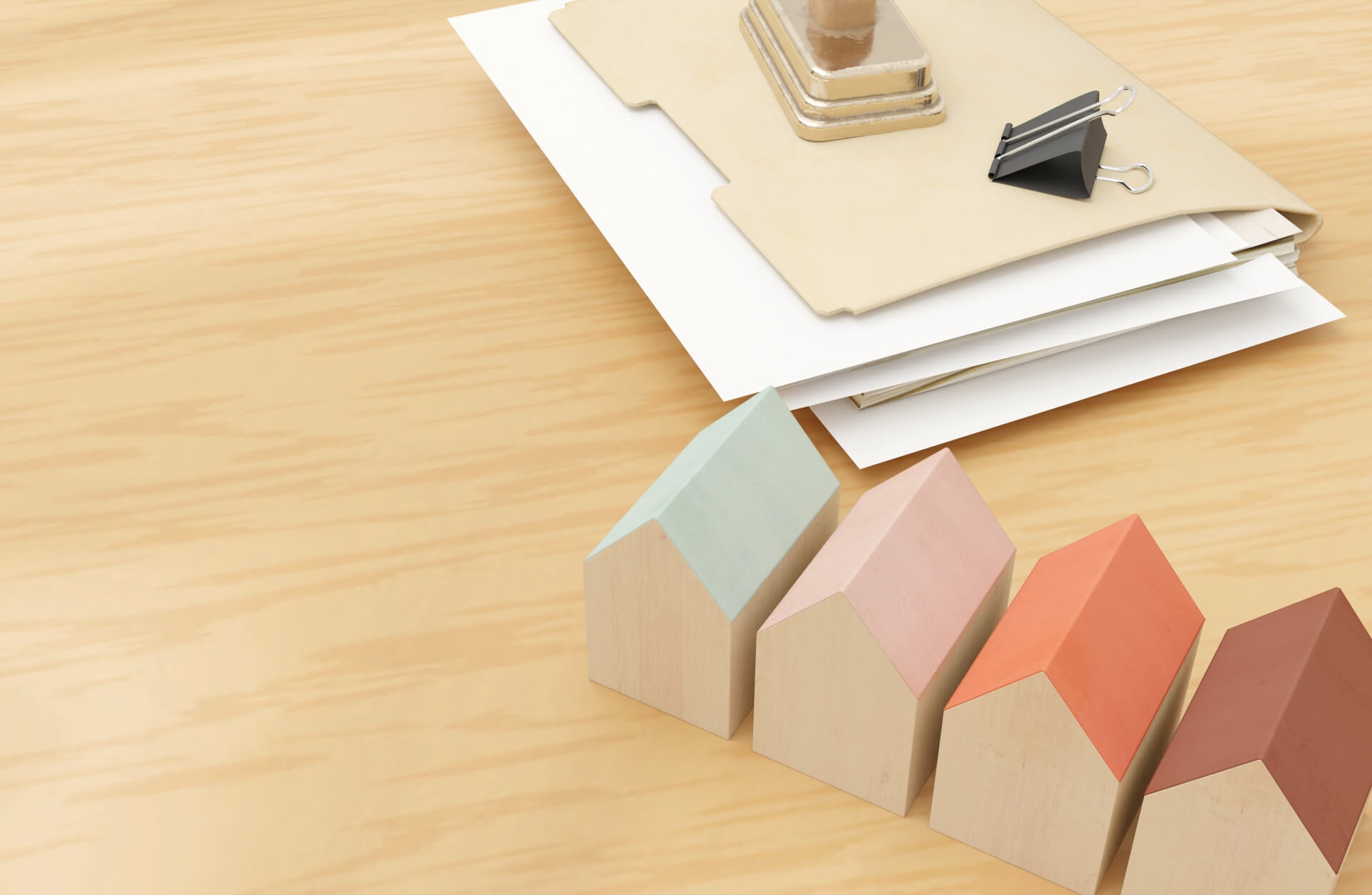
When purchasing real estate in Japan, you can expect taxes, agent fees and other miscellaneous costs to add around 8 to 10% to the agreed sales price. These are funds you will need to have on-hand, in addition to any financing you might be arranging via your bank or other institution. These include:
Agent Fees
When engaging a real estate agent or broker, they will have fees for their services. Fees that can be charged are set by law.
How much is it?
Agent fees apply to all sales conducted via an agent and are generally calculated as 3% of the purchase price + JPY60,000 (which is the maximum charge that can be applied) + consumption tax (10%) = 3.3% + JPY66,000. There is a higher rate for properties sold for under JPY4,000,000.
When is it paid?
Half of the agent fees are paid at the time of signing the purchase and sale agreement with the other half due at time of closing.
Consumption Tax
Consumption tax - 消費税 / ‘shouhi zei’ – applies to the sale of a building in Japan however it does not apply to the sale of land. It is also levied on agent fees (when using an agent or broker).
How much is it?
Consumption tax in Japan is 10%.
When is it paid?
As noted above, consumption tax only applies to the sale of the building and not the sale of the land, and will be charged at the time of completing the sales. Consumption tax on agent fees will apply any time the buyer makes payment to their agent / broker for their services.
Real Estate Acquisition Tax
Real Estate Acquisition Tax - 不動産取得税, / ‘fudōsan shutoku zei’ - is a local tax levied on any land and / or building acquired by purchase or donation, or when a building is newly-constructed or renovated.
How much is it?
The tax is calculated as 3% for land or intended residential home / 4% for intended non-residential home.
When is it paid?
It varies depending on the region in which the property is located and the local tax laws, however tax will typically be applied within 6 to 18 months of the completion of the sale / transfer of ownership; up to a maximum of 24 months after that time.
Real Estate Registration & License Tax
Real Estate Registration Tax - 登録免許税 / ‘touroku menkyo zei’ - is a federal tax levied on the registration of preservation, transfer of ownership or agreement of a mortgage on a property. Separate registration is required for the land and building.
How much is it?
The tax ia calculated as 2% of the fixed asset value of the land and 0.3% of the fixed asset value of a residential building or 0.4% for a non-residential building. Some purchases are subject to a tax exemption, which lowers the tax to .15% of the fixed asset value of the land and 0.3% of the fixed asset value of the building.
When is it paid?
Paid upon transfer of ownership and when a mortgage is taken-out on a property.
Stamp Duty
Stamp duty - 印紙税 / ‘inshi zei’ - is a tax levied on documentation required to process the sale of property and / or successful acquisition of a mortgage.
How much is it?
The amount is based on the purchase price on the property: JPY5-10 million = JPY5,000 / JPY10-50 million = JPY10,000 / JPY50–100 million = JPY30,000 / JPY100–500 million = JPY60,000.
When is it paid?
Paid when signing a sales contract, construction contract or mortgage contract.
FINANCING & LOANS FOR FOREIGNERS
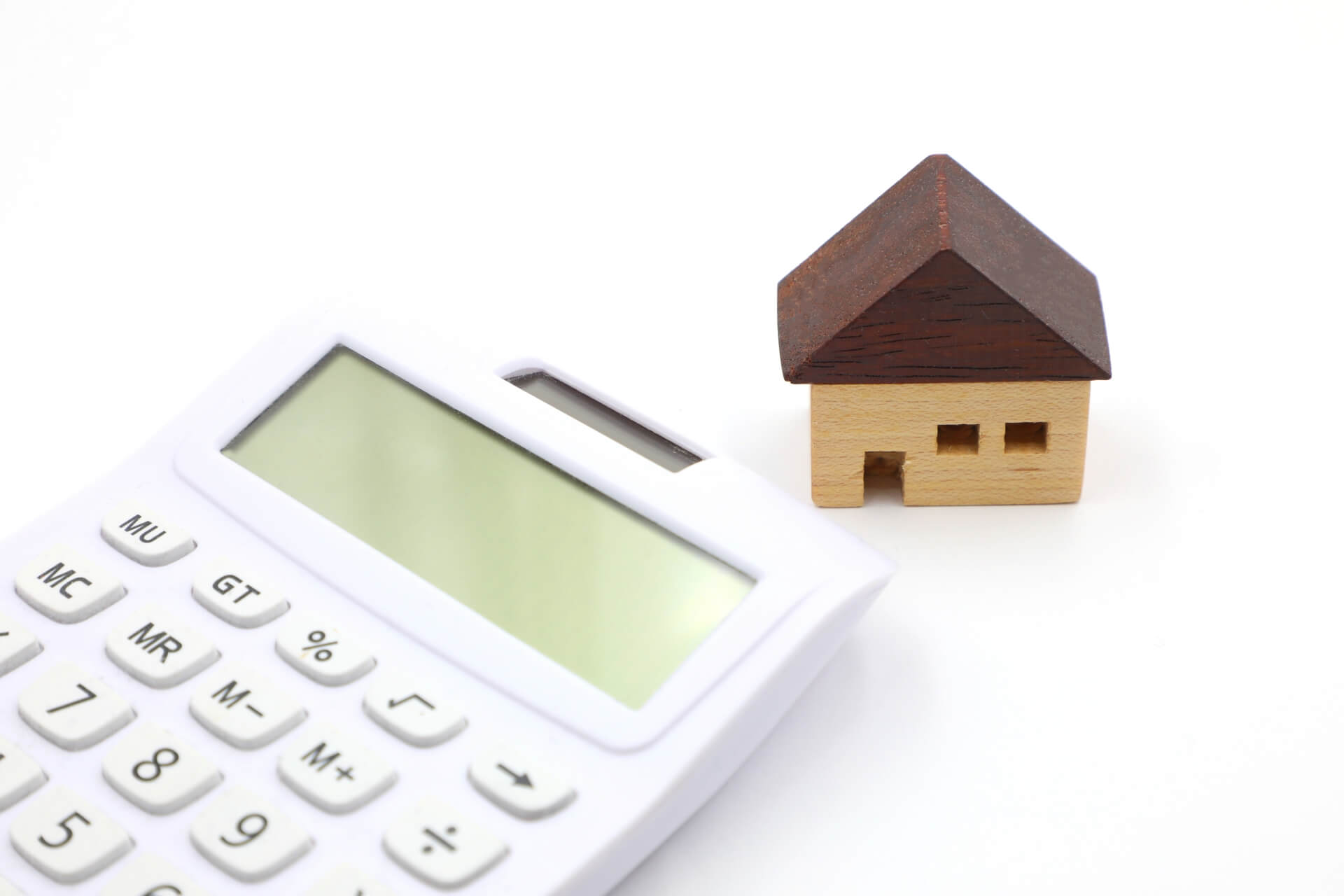
While there are no restrictions on foreigners purchasing real estate in Japan, it’s a different story when it comes to financing. Strictly speaking, foreigners can obtain a loan from a Japanese bank or financial institution, however the reality is most Japanese lenders will not consider applicants who are not Japanese citizens or permanent residents.
This is not to say that it’s impossible and some temporary residents and non-residents might be considered if they can meet the banks requirements - noting that the bar is likely to be set very high and borrowing conditions are likely to be heavily weighted to secure the banks investment - but successful applicants will stand-out as the exceptions to the rule.
For foreign buyers (including non-residents), your best option is to speak with lenders in your home country to discuss if they will finance your purchase in Japan. For temporary residents of Japan, you can consider applying to Japanese banks - you are most likely to be successful if you have a Japanese partner and/or strong financial and employment history in Japan - or approach lenders in your home country. For permanent residents and foreigners who have acquired Japanese citizenship, you can approach Japanese lenders, noting that most banks and institutions only provide services and documentation in Japanese.
SKI PROPERTIES IN JAPAN: THE BEST RESORTS TO BUY IN 2022
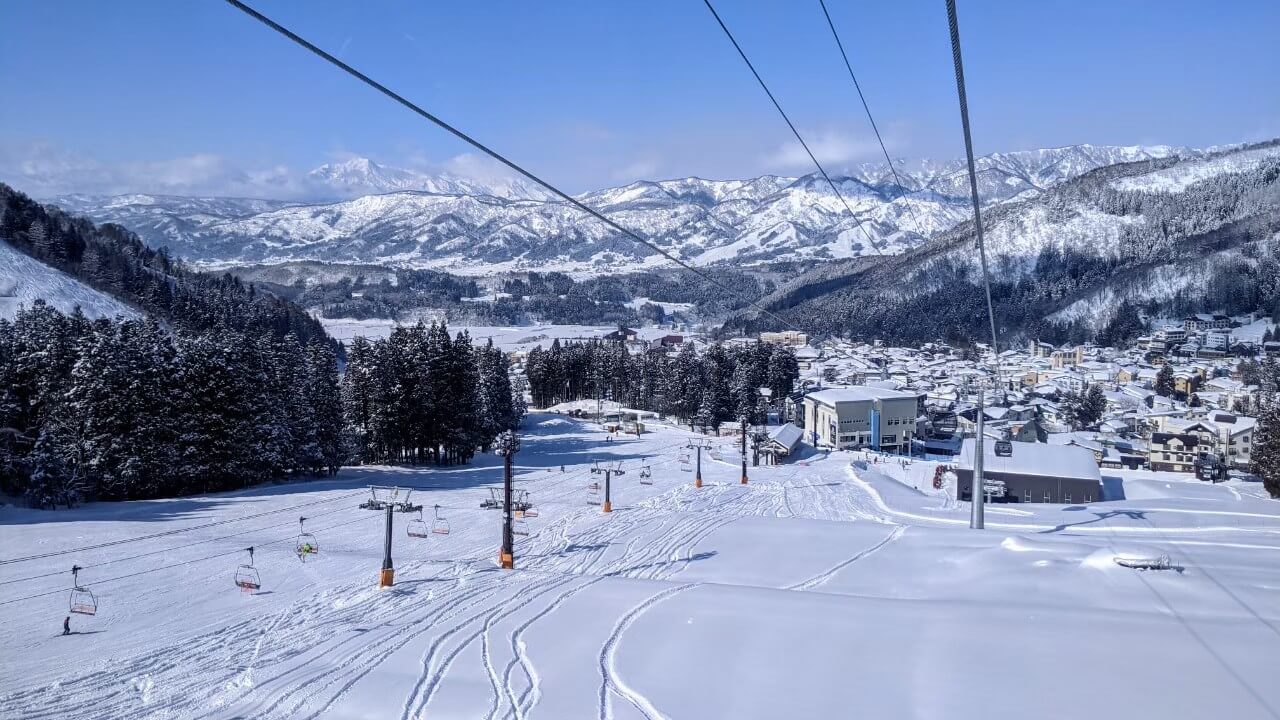
Japan boasts hundreds of ski resorts with the greatest number found in Nagano and the surrounding prefectures of Central Japan, or further to the north in Tohoku and Hokkaido. Based in Nagano, we have the local knowledge and contacts to help you find and buy properties in and around some of Japan’s best resorts areas including Shiga Kogen, Nozawa Onsen, Madarao, Hakuba, Myoko Kogen and Karuizawa. Our ‘Ski Properties in Japan: The Best Resorts To Buy In & Around In 2024’ page details the most attractive resort areas in Central Japan, the positives of each and what to expect when searching for a property.
JAPAN REAL ESTATE FAQs
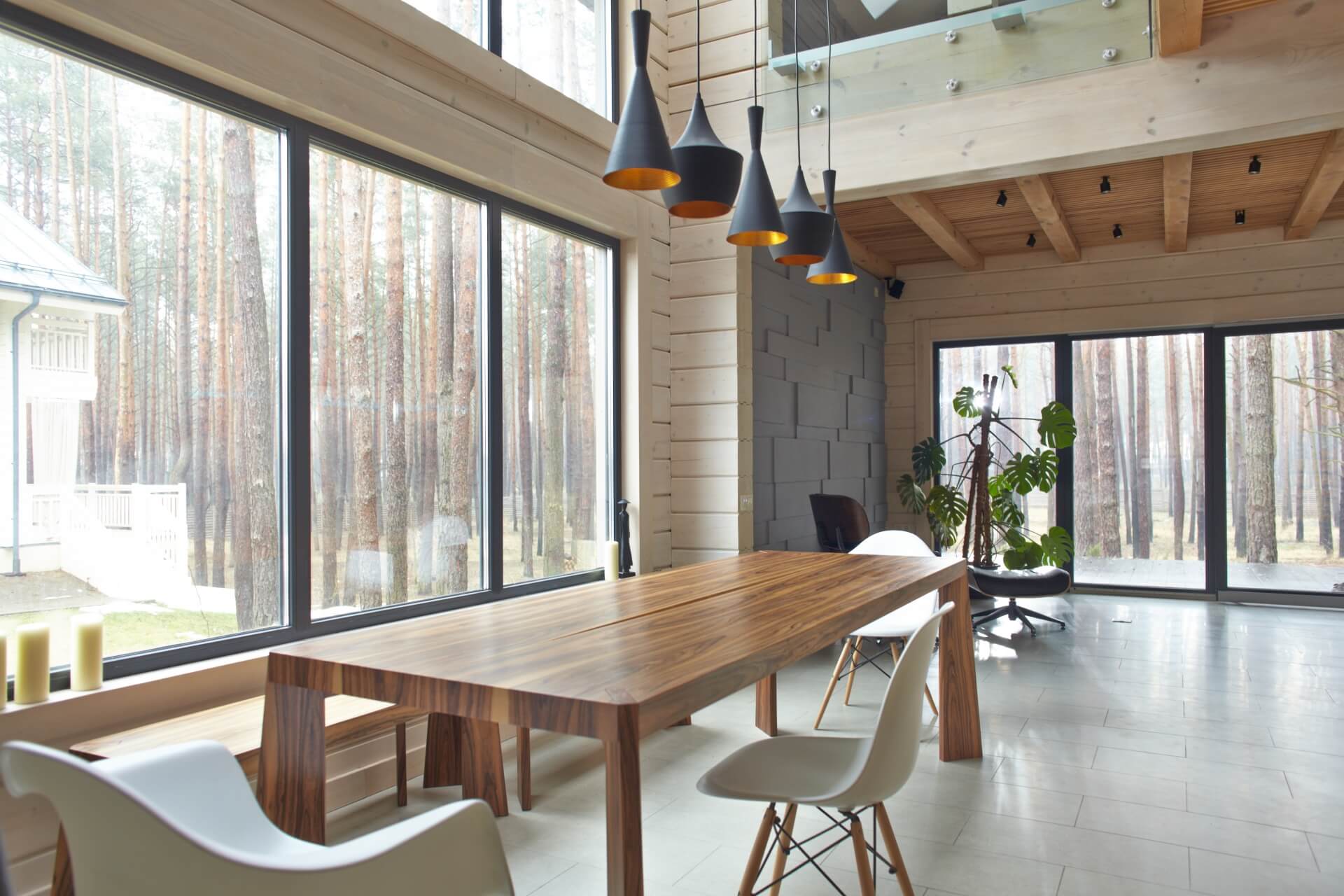
We hope that the above information is of assistance in helping you understand the process of buying a property in Japan. In addition, these are some of the most common questions about the buying process:
+ Can foreigners purchase real estate in Japan?
Yes. As discussed above, foreigners can purchase real estate in Japan and there is no requirement to have citizenship or even residency. Foreigner buyers make-up an increasingly large section of the market in Japan.
+ Are there any restrictions on foreign purchases that I need to know about?
There are no restrictions placed on foreigners when it comes to purchasing real estate. The biggest consideration for most foreign buyers is financing, which is difficult to secure in Japan if you do not have citizenship or permanent residency. Another thing to consider is that almost all banks and most real estate agents operate solely in Japanese, which places importance on being able to converse and read Japanese or engage someone who can act on your behalf.
+ Can foreigners obtain financing in Japan?
If you are a foreigner who has acquired Japanese citizenship or holds permanent residency, Japanese banks and lenders will deal with you much like any Japanese - noting that most only provide services and information in Japanese. If you have temporary residence you might be considered for a loan, if you have a Japanese partner and/or strong financial position however you are just as likely to be turned away. If you are not resident in Japan, expect most banks and lenders to give you a polite but firm no, in response to whether they will lend to you.
+ How long does it take to purchase a property in Japan?
Of course this depends on the specific details of the property sale, but most sellers will look to have the sale complete within one to three months after agreeing the sale price.
+ Are properties sold via auction or private sale?
Both exist in Japan however most properties are sold by private sale. An important step in successfully purchasing a property through private sale is submission of a formal offer to buy the property – a ‘Letter of Intent’ in the case of pre-owned properties and an ‘Application to Purchase’ in the case of newly built properties. While there is no obligation to do so, upon acceptance of this form most owners will only negotiate with you and will not engage with other potential buyers until you have either agreed to the sale or determined that one or both parties will not pursue the purchase / sale. For that reason, submission of formal written notice that you wish to purchase the property is an essential step and one best handled by an agent / broker on your behalf.
+ Is purchasing real estate in Japan a good investment?
It might seem too obvious an answer, but it depends on where and what you are buying. Japan has a shrinking population and economy, meaning that there are an increasing number of empty homes and vacant lots available. While cities such as Tokyo continue to grow, in regional areas, populations are in rapid decline with an ever-increasing amount of properties becoming vacant or abandoned. As a result, outside of the cities, property prices are typically much lower than in comparable economies and for anyone looking to buy and renovate, there are some real bargains out there. This trend is almost certain to continue as the population continues to age and decrease, meaning that many properties are likely to continue losing value, with many buyers purchasing a property purely as a lifestyle choice rather than investment. The exception to this is purchasing in and around the ski resorts of Japan.
+ Is purchasing a ski resort property a good investment?
Yes. Purchasing a property in and around one of Japan’s many world-class ski resorts is both a smart investment and fantastic lifestyle choice. While regional property prices continue to decrease across the country, real estate in many ski resorts is steadily increasing thanks to plenty of interest from international buyers. As an example, during the COVID-19 pandemic the only two areas of Nagano to increase in value were the resort areas of Hakuba and Karuizawa. You can expect this trend to continue and with those markets increasingly hard to buy into, watch for property prices in many other resort areas including Shiga Kogen, Nozawa Onsen, Madarao and Myoko Kogen to also rise quickly.
+ Which are the best resorts to buy in?
Nagano is home to more than eighty ski resorts - the most of any prefecture in Japan - and when considered in combination with surrounding prefectures of Central Japan, there are countless resorts to choose from. It goes without saying that there’s a lot of variation between resorts with a limited number holding real appeal for foreigner buyers. Our ‘Ski Properties in Japan: The Best Resorts To Buy In & Around In 2022’ page details the most attractive resort areas in Central Japan, the positives of each and what to expect when searching for a property.



